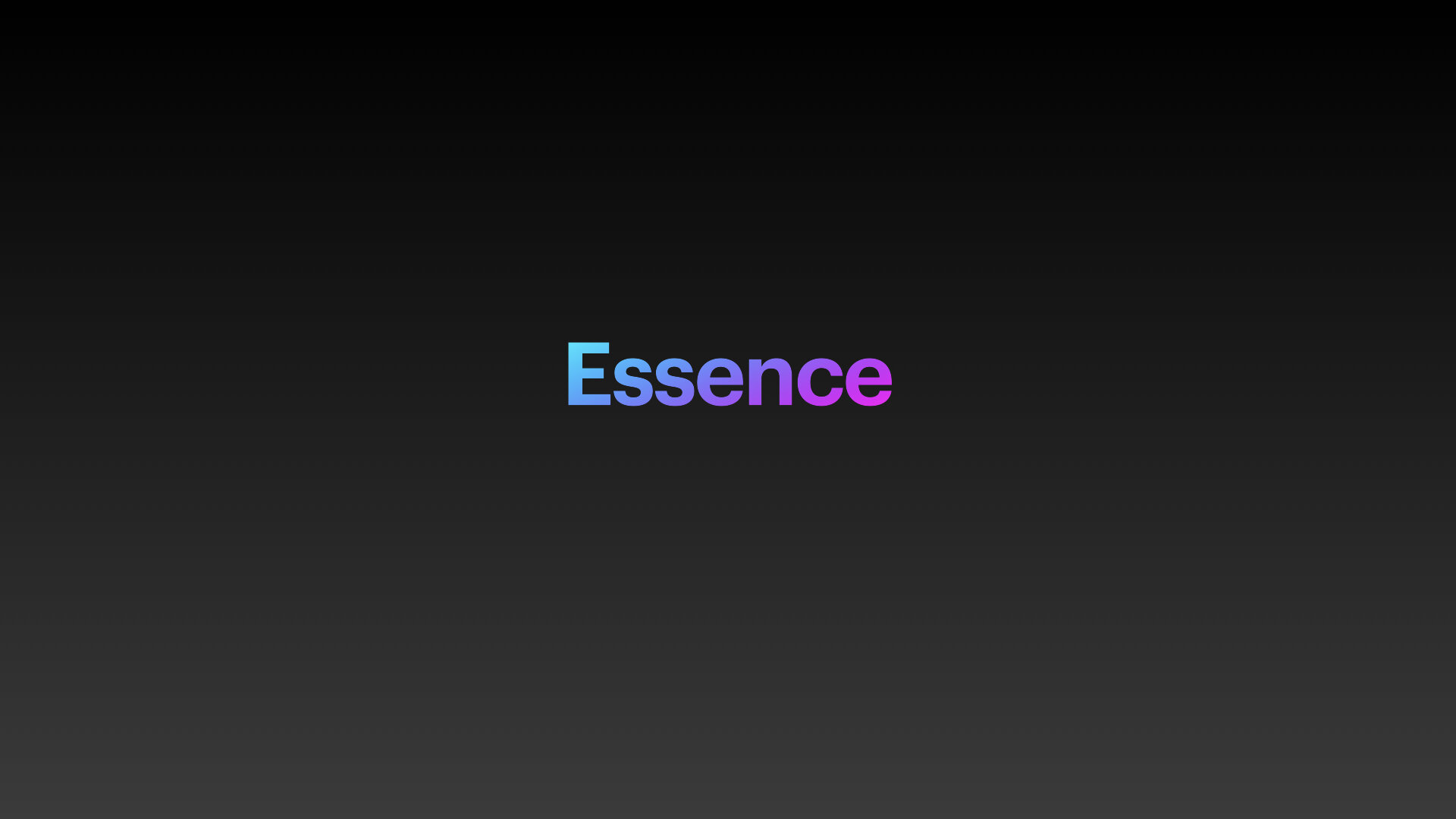I hate social media.
Yep. Hate it. Why? Because it is fake. Too honest? Read on.
As an “old school” actor, I always believed talent and your general package (your headshot, resume, and reel for tv/film) should speak for itself. Although social media can be used for good causes and connection, by and large, social media’s purpose is to sell something — and that something is you. Brands and ad agencies have been doing this for years. Decades even. The job of advertising is to make you believe that coming into contact with a magazine, online ad, or product in the grocery story just happens to be a part of your life and is in no way influencing the day to day choices you are making by interacting with said product.
Lies.
Take a look at any “A list” actors social media page and you will see that the content and pictures they are putting into the world is largely curated around the brand, films, television shows, and professional persona they support as public figure. As much as you may love or hate the fact, their “public lives” are highly crafted and usually by a team of people who’s entire job it is to do so.
Now take the non-A list actor. Yourself perhaps. You have social media pages and you want to connect to your friends and family. You also want to throw your headshot up on your page because, you know, you are an actor. Then you have some production pics and maybe photos of you hanging out with your friends. You are doing you. However, if you are an actor who is and will be actively pursing work in the industry, the story you are curating, whether you are trying to curate it or not is confusing.
So, after my year plus time on social media (yes, it took me that long to get on board), I have a few tips and homework for actors who want to actively pursue work as an actor and use social media to their benefit. I will put a disclaimer here; I am not a social media expert. Not even close. As a stated earlier, my disdain for social media has only slightly waned after working with young actors and hearing from casting directors that social media can make or break a new or transitioning actor in booking work. That is major. Again, you can lose jobs because your social media is not up to snuff. Using social media is not enough. You must use it well.
As a teacher and mentor who’s sole passion is to help actors get jobs, the reality cannot be overstated that if you want work, creative teams and casting offices WILL look at your social media pages. However, if looking for acting jobs is not your primary goal, do you. It is not that big of a deal.Yet, if you are an actor trying to break into the business, build your career, or find new trajectory within an established career, here’s my advice:
1) Dare to Be Honest
Take a look at your social media with fresh eyes. Open all of your social media sites in succession. Ask, if you did not know you, what story would you be telling? If you cannot be objective, ask a friend or family member who can be honest with you to write down a one or two line story/perception that they get from your pages. The information should hopefully give you good feedback on where you are and where to begin if your pages need work.
2) Dare to Be Intentional
Find your essence in four parts. Then pick two. This is the first exercise I do in almost every audition prep course I teach. Find the four versions of yourself that you most identify with and that others perceive you to be. For me, my four were; wife/mom, teacher/mentor, quirky and fun friend/lover, and rockstar. Two of these I chose because they are roles that I found myself playing and identified with. The other two came about from feedback from casting directors and people who would see me in shows. I would never classify myself as a rock star, however, after doing a lot of pop/rock work and playing characters that were edgy, my sound and onstage persona, came off as badass. After a while, I owned that and it is part of what makes up my work “package” . After you get clear about your four, pick two that you want to portray on your page. Say you’re an athlete and you’re a clown. You would have lots of pictures of you working out and being funny whether you are on set or at home. It is part of who you are and naturally an aspect of the work you would be getting.
3) Dare to Be Vulnerable
The vulnerability portion is inspired by Michelle Obama’s documentary, Becoming. I beg of you, curate the curation with some realness. Really. Be real sometimes. Show the cracks. Our job as actors is often to show the beauty and flaws in the impermanence of humanity. So do that. Be honest, be intentional, still be you. Easier said that done. However, It is so refreshing to see someone who is having an honest moment on the stage, screen, or in real life. As a caveat, I suggest staying away from most things that are lewd or nude (a general rule for actors unless this is the work you are looking for and getting). However, honest moments are human moments and everyone needs a dose of that.

